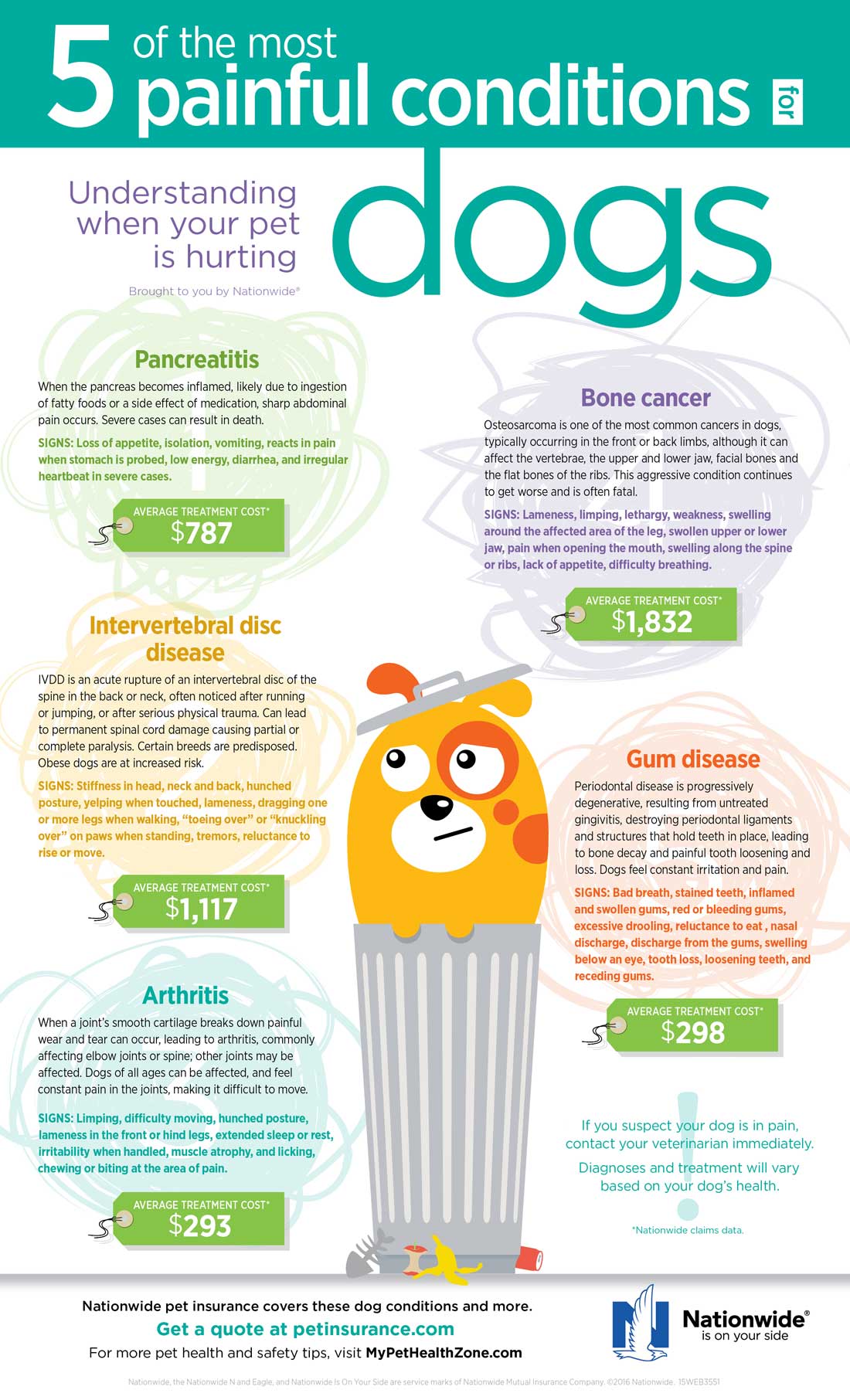14 Foods You Can Share With Your Dog
14 Foods You Can Share With Your Dog
Blog Article
Can Pet Dog Childcare Reason Health Problem?
Canines in daycare receive great deals of workout, socialization with other pets and special experiences. This can be especially useful for puppies and pets with behavioral concerns.
There are a number of lawful factors to consider you require to think about when beginning a doggy daycare company. These consist of the framework of your organization and conformity with federal government regulations.
1. Canine Distemper
Canine distemper is spread with direct contact with the physical liquids and waste of a contaminated pet, but it can also be transmitted through shared water and food bowls or with airborne beads. This extremely transmittable health problem is most unsafe for pups, yet it can influence pets of any kind of age and is deadly for most if left neglected.
Initial symptoms of canine distemper frequently imitate a common cold, including dripping eyes and nose with watery or pus-like discharge. As the condition proceeds, a pet dog will certainly establish fever, coughing, minimized hunger, throwing up and diarrhea. The virus can additionally attack the nerves, causing seizures, shivering and partial or total paralysis.
Credible childcares minimize direct exposure to infection by calling for inoculations, regular health examinations and comply with stringent hygiene procedures. If your puppy seems overly exhausted or limping, a day off might aid him recuperate, however you ought to avoid taking him back to daycare till these signs and symptoms improve.
2. Kennel Cough
Kennel cough, additionally called transmittable canine tracheobronchitis or Bordetella, is an extremely contagious viral or bacterial condition that influences the respiratory system tract. It's commonly moved via the exchange of saliva or air droplets that a sick dog breathes out. Social pet dogs go to higher risk for infection as a result of their constant communication with one another, such as when they play, share food or water, sniff each other or merely satisfy in a crowded setting like a pet dog park or daycare.
One of the most typical symptom of kennel coughing is a relentless and powerful cough that seems like something stuck in the throat or retching. Usually, pet dogs will divulge foamy white phlegm. If left neglected, a dog can create pneumonia and be at significant danger forever.
A reliable childcare center should have rigorous cleaning and sanitation methods, sterilize all toys, food and water bowls consistently, and be open regarding their vaccination plans. Keeping your dog approximately day on their vaccinations, specifically for bordetella and canine flu, will significantly lower their opportunities of acquiring the illness.
3. Parvovirus
Canine parvovirus, or parvo, is an extremely contagious viral ailment that can be dangerous for young puppies and young person pet dogs with poor body immune systems. It's most frequently spread out by straight contact with contaminated pet feces-- which can occur when dogs smell, lick, or taste contaminated feces-- and indirectly from polluted individuals, items, or settings (like kennels, grooming areas and yards). Pups and canines without complete inoculation histories are specifically susceptible to parvo.
The infection is extremely resistant, surviving in the atmosphere for up to 9 years, and can easily be moved between pet dogs by contact with feces or on shoes, clothes, and bedding polluted with parvovirus. If not treated immediately with IV fluids, electrolyte balance, vomiting control drugs and antibiotics to avoid second bacterial infections, a pet dog will swiftly dehydrate and create severe looseness of the bowels, which leads to shock and blood poisoning. Parvo is difficult to treat once a canine has actually become ill, yet with appropriate vet care, numerous pups do survive this health problem.
4. Canine Influenza
Pooch influenza virus is very contagious and spreads with straight contact, sharing food and water bowls, licking or nuzzling various other pets, with air-borne beads, and through polluted surface areas. Vaccination works in reducing the danger of infection and episodes.
Many impacted pets develop a light respiratory infection with a cough that lasts 1-3 weeks. They might also have nasal and ocular discharge, sneezing, and sleepiness. Several of the most severe instances result in pneumonia and a high fever.
If your pet dog shows any of these symptoms, do not bring them back to childcare till they are healthy. If your pet dog is revealing signs of extreme tiredness or hopping, talk to your long term dog boarding vet as soon as possible and make sure they are on health supplements to aid construct their immunity. A veterinarian will certainly evaluate your canine for signs of the influenza by taking an example from the nose or throat, and blood examinations can be done to confirm.